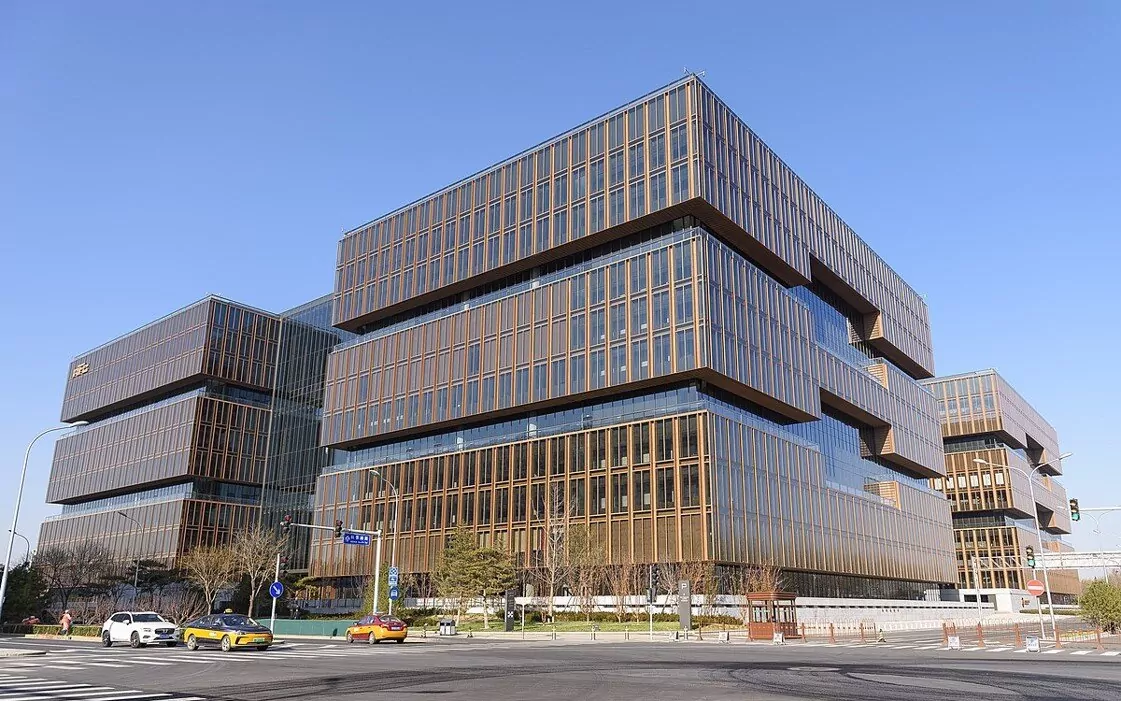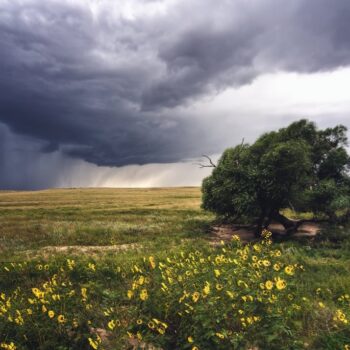Multilateral development banks (MDBs) have a rare opportunity to define the future of climate finance. This year, several development lenders are conducting policy reviews that will determine the types of energy projects they sponsor in borrowing countries for years to come. Their decisions will set the tone for private banks—and shape whether we can achieve the Paris Agreement’s temperature goals.
This is a perfect time for multilateral development banks to quit fossil fuels and fully commit to clean energy. Many have already made important progress on this front. The African Development Bank is leading the way in funding adaption to climate chaos. The fossil fuel exclusions in the European Investment Bank’s climate bank roadmap are a benchmark for peer institutions.
But E3G’s research shows that no development bank is moving fast enough to uphold its obligations under the Paris Agreement. These banks are officially tasked with promoting development and reducing poverty. By continuing to back old-school fossil energy solutions, they are instead driving climate chaos—and exacerbating all the problems they are supposed to fix. For example, the World Bank is financing natural gas extraction in Guyana, while the Asian Development Bank underwrites pipelines in central and south Asia.
This year no less than four multilateral development banks are updating their energy policies: the Asian Infrastructure Investment Bank (AIIB), African Development Bank (AfDB), European Investment Bank (EIB) and European Bank for Reconstruction and Development (EBRD). And within the World Bank and Inter-American Development Bank (IDB) this remains a hot topic. All of these processes must make significant progress on ending all international public financial support to fossil fuels, boosting energy efficiency and energy access, and focusing on small-scale distributed renewable energy solutions.
The outcomes of the energy policy reviews could have a massive impact on climate finance flows. Compared to private banks, public banks control a relatively small amount of the money that is available for climate investments. Yet they have unmatched power to set financial trends. If public banks ditch fossil fuels, then commercial lenders will soon follow, and climate progress will speed up. A clear example is the EIB’s 2019 decision to phase out practically all fossil fuel lending – including gas. This decision sent shockwaves through the global gas market, forcing investors around the world to rethink their project pipelines.
The AIIB will set the tone of these policy reviews as the first multilateral development bank to revise its energy strategy. It needs to strengthen its new approach, as the current draft lacks a credible methodology for the bank to determine if projects are aligned with the Paris Agreement. This leaves the bank open to supporting gas and oil projects on a large scale, in contradiction to what the latest Intergovernmental Panel on Climate Change report recommends.
At AfDB, the first step of the new energy policy should be to formalize the de facto ban on coal financing announced by its president in 2019. Furthermore, the AfDB should demonstrate its commitment to the Paris Agreement by avoiding large gas infrastructure projects, such as the LNG project it financed in Mozambique in 2019. E3G research has shown that this has not led to the expected economic and development gains.
The EIB and a majority of EBRD’s shareholders have signed the statement on ending support for fossil fuels from last year’s UN Climate Change Conference, COP26. Their energy strategies will close the last remaining loopholes for ending fossil fuel support.
E3G will continue to closely monitor and feed into these energy policy reviews. We are committed to engaging with multilateral development banks on the path forward—because we know that they can and must become the climate champions we need them to be.

